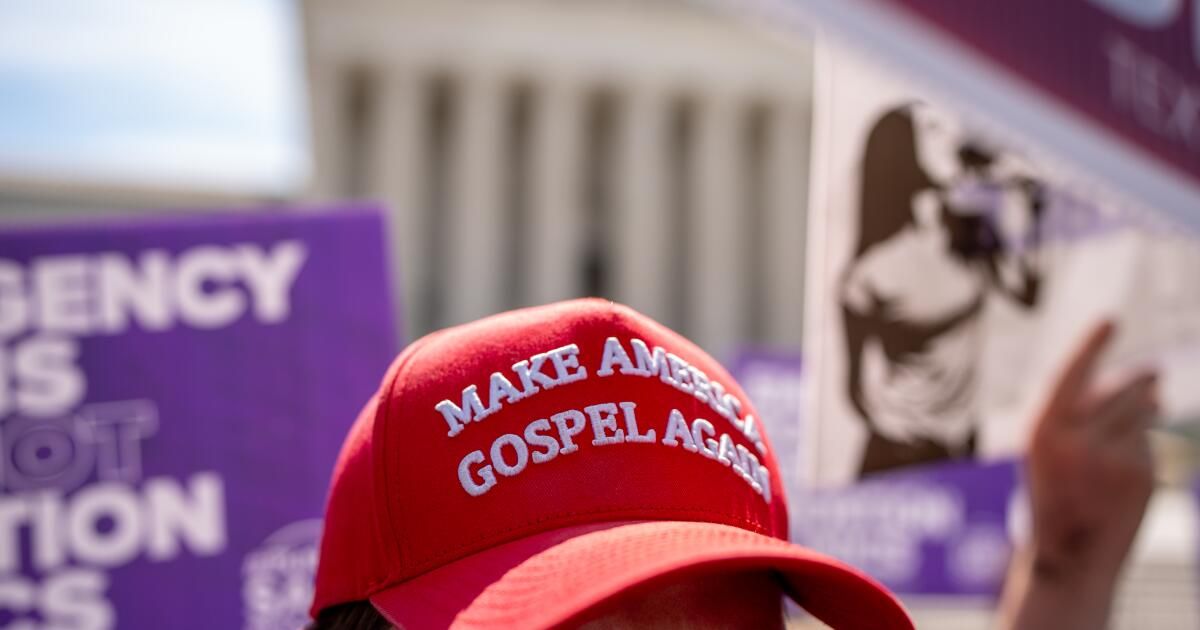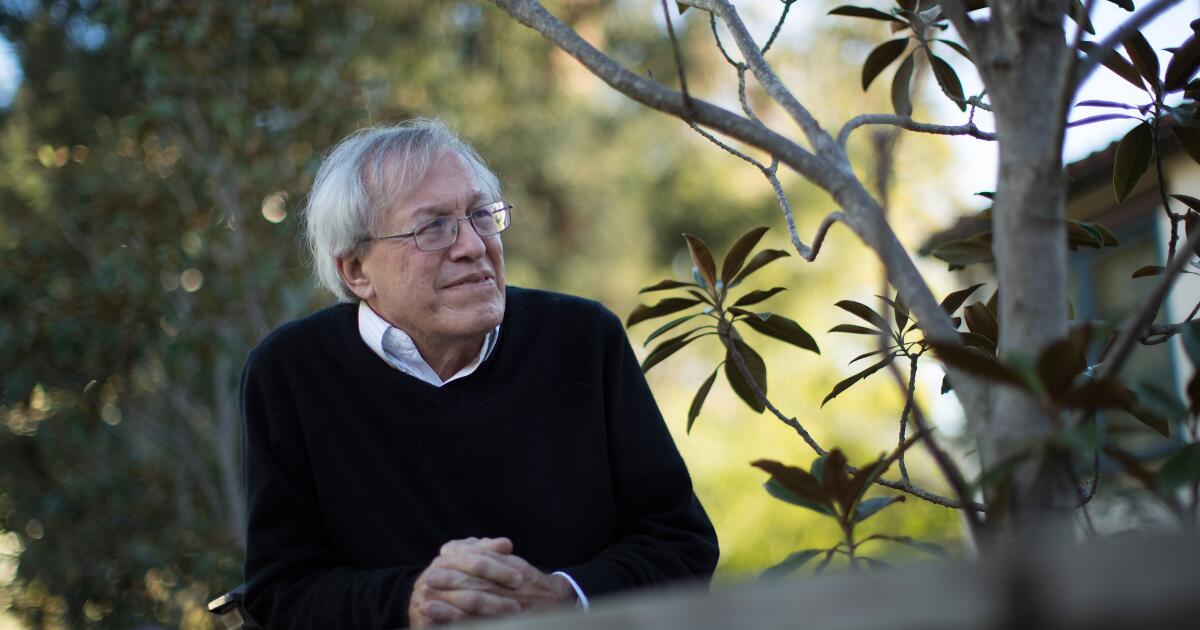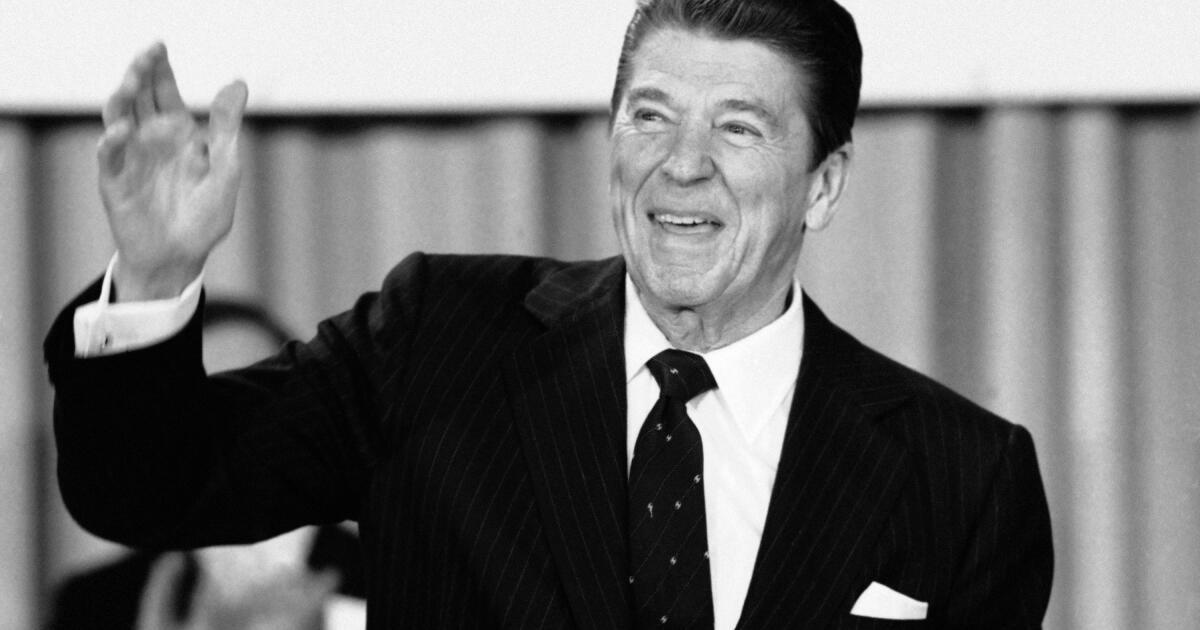There are many factors that explain why people in Western democracies vote for politicians like former President Trump, including economic concerns, rural resentment, and racial animosity. Although Trump supporters have been characterized as “laggards,” “stigmatized,” or even “marginalized,” these attributions are dangerously misleading.
First, they feed into the self-victimization narratives common among radical right movements, pushing conspiracies and support for this ideology. Furthermore, they overlook that historically powerful groups like whites, men, and Christians are overrepresented among Trump supporters. Even today, these groups remain politically, economically, and culturally privileged. By objective measures, most Trump supporters are not left behind, stigmatized, or marginalized.
That said, research suggests that white people, men, and Christians, however, may subjectively feel… excluded society, which might explain the unwavering support many show for Trump. A nuanced understanding of how people feel included or excluded can help explain what those Trump supporters are really looking for.
Social psychology theories suggest that for people to feel included, two conditions must be met: first, they simply need to belong to a larger group (as whites, men, and Christians do in American society); second, they need to feel that their particular backgrounds are respected and valued within the larger group. Thus, people may feel excluded from a group when they feel that they are not seen or respected for their backgrounds, even if they belong to it.
In a recent studyI examined whether this second factor creates experiences of exclusion among Trump supporters: It is possible that a substantial proportion of whites, men, and Christians experience belonging in American society but feel invisible or disrespected as members of those groups. To be clear, they are objectively seen, respected, and even privileged. However, previous studies indicate that an increasing proportion of whites, men, and Christians may subjectively feel disrespected, disadvantaged, or neglected.
Using surveys, I have mapped the extent to which white people, men, and Christians feel that they belong in American society and that their background is respected. Generalizing from representative samples collected in 2016 and 2020, I found that about 21% of white Americans feel that they strongly belong in American society, but feel disrespected as a white group. Likewise, up to 20% of men and 35% of Christian Americans feel that their background is disrespected.
This perception has political consequences: compared to people who feel a sense of belonging and respect for their origins, people who feel disrespected are more likely to vote for and support Donald Trump.
His campaign has long appealed to members of privileged groups who feel disrespected, as seen in slogans like “white lives matter” and “make men men again.” This rhetoric promises to “restore” attention and respect to people who subjectively feel invisible. Trump feeds into and exploits these individuals’ perceptions of disrespect and abandonment. Radical right candidates often promise to maintain inequalities that favor privileged groups. Some members of privileged groups are vulnerable to such sales pitches.
This fervent support for existing inequality underlines that these people are not marginalized. Members of marginalized groups strive to fit in, for example by changing their names impersonating members of a majority. This is not what we see among Trump supporters, who proclaim their identity and claim that their origins constitute “real Americans.”
Rather than trying to fit in, they seek to stand out: they stress that “white lives matter” even if white lives are not threatened; they defend heteronormative gender roles that do not need defending; and they promote stereotypical Christian right life choices, such as traditional marriage and procreation.
The key to understanding why members of privileged groups would be vulnerable to Trump’s appeals is this: subjective perceptions of exclusion or disrespect. And how does he meet the emotional needs of people who feel excluded or disrespected? By emphasizing the aspects of their identity that they feel are not receiving adequate respect.
This understanding has implications for how other Americans should treat Trump supporters.
First, researchers, journalists, and citizens should be more careful in explaining support for Trump. Too often, characterizations of Trump’s base repeat explanations that are scientifically disproven, such as casting most radical right voters as low-income people who are simply protesting against political elites. This not only obscures real discrimination and inequalities against disadvantaged groups, but also fuels pro-Trump sentiment.
The careless language about Trump supporters being “abandoned” is completely wrong; they are members of dominant groups who want to remain dominant. Ultimately, Trump voters support an ideology that is racist, sexist, and exclusionary. Supporting a far-right politician is No a protest vote, but a vote in favor of the status quo.
Second, Research widely shows Liberal parties do not win back votes by moving to the right; rather, such a strategy reinforces radical right rhetoric and support for those parties. A more promising approach would be to remind whites, men, and Christians of the attention and respect they already objectively enjoy. If some members of these groups feel that they belong in the American nation but subjectively feel disrespected, correcting these misperceptions can help those individuals feel included. In a polarized information environment, many Americans have many misperceptions about members of other groups; members of privileged groups may consume news that gives them the mistaken impression that others disrespect them. Any factual information that can reach such privileged individuals can reduce perceptions of neglect or disrespect.
Third, Democrats must offer liberal conceptions of what whiteness, masculinity, and Christianity can be. Vice President Kamala Harris’s campaign seems to have understood this by choosing Minnesota Gov. Tim Walz as her running mate. He represents that liberal vision, as a man who supports women and as a white Christian who embraces diversity. Other white Christian men could follow his lead; they need not feel excluded.
The current election is an opportunity to correct the problematic discourse around support for Trump. Generic assumptions about the marginalization of white, male, or Christian voters reinforce self-victimizing narratives. Instead, careful inquiries into individuals’ experiences can bridge the gap between objective privilege and subjective perceptions of disrespect, potentially leading to experiences of inclusion among members of the majority who currently feel excluded. Ultimately, doing so offers a way to mitigate support for racist, sexist, and polarizing ideology in the United States and beyond.
Luca Versteegen is a postdoctoral researcher at the University of Vienna, Austria. His research examines how group identities and emotions shape individuals' perceptions of social events and motivate political responses to those perceptions.











